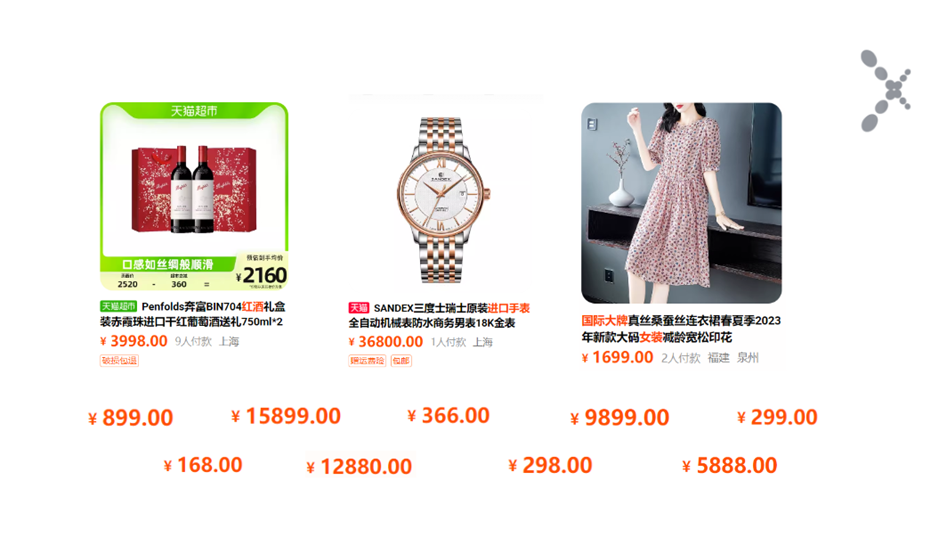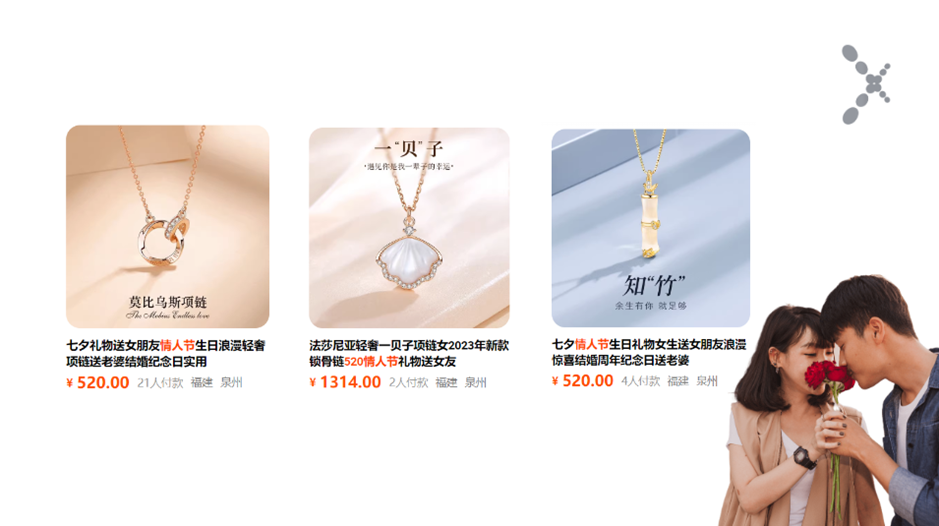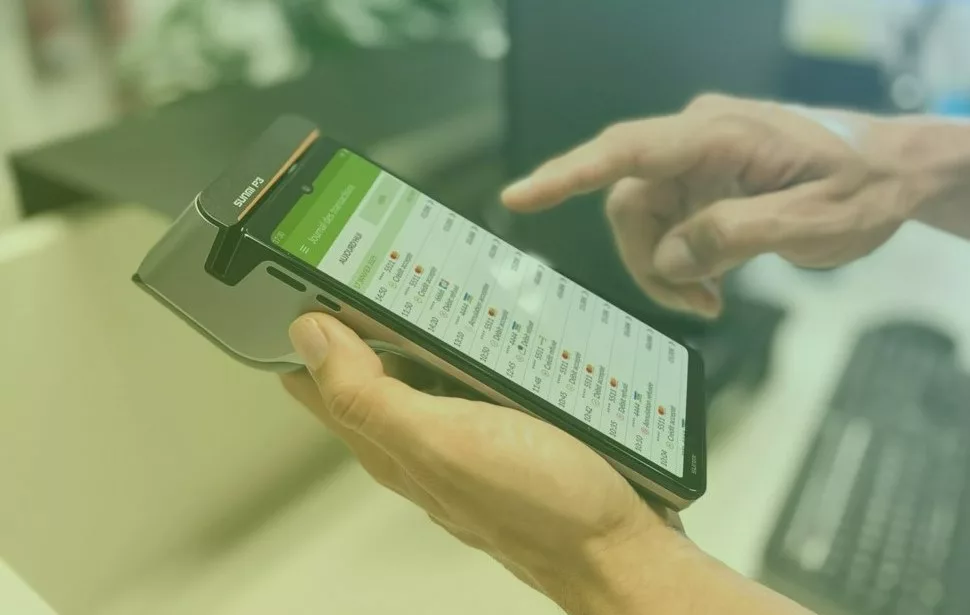In Chinese culture, numbers have always played a significant role, and it runs deep. Different numbers carry various meanings for Chinese people. These meanings are, therefore, significant for businesses, as they influence Chinese consumers’ buying decisions. This article will introduce some numbers with special significance from which UK and European merchants can draw insights when planning promotional or pricing strategies.
Use significant numbers in Chinese culture for promotions
Number 6:
“6” in Chinese is pronounced “liù”, and is a homophone of “fluid”, symbolising smooth progress and overall prosperity. As a result, Chinese people associate this number with success in their careers, wealth and good fortune. Number 6 often evokes better luck or positive developments in various aspects of life. As such, it is also frequently utilised in China to attract consumers and enhance their favourable perception of products.
Number 8:
“8” is pronounced “fā”, a homophone of “prosperity” in Mandarin and represents luck and wealth. This number might be the most popular and favourable number among Chinese people. It was no coincidence that the Beijing Olympics started on 08/08/08 at 8 p.m. Chinese people have a strong connection to the number 8, and when choosing a mobile phone number or a car license plate number, they especially want to include the number 8. Fun fact: a license or phone number that includes multiple 8s is usually sold at an extremely high price, as the more 8s it includes, the higher the perceived status. Don’t forget to include number 8 when planning marketing strategies for the Chinese market.
Number 9:
“9” is pronounced sounds “jiǔ” and means “long-lasting” or “eternal.” As a result, this number is often associated with longevity and enduring relationships. Moreover, in the Yin Yang system, 9 represents the “ultimate Yang” (whereas 10 signifies a higher level of Yang but also foreshadows the imminent transition to Yin). Thus, the number 9 carries a potent “Yang” symbol. In ancient China, emperors favoured using the number 9 to represent their identities, such as having palace gates with 9 rows and 9 columns of nails. Businesses like to use 9 to emphasise the consumer’s status, particularly for valuable items, where prices with 9 highlight the esteemed position of the consumer. Additionally, 9 symbolises “long-lasting,” making it familiar in pricing durable consumer goods to emphasise quality and durability. Number 9 is also often used for “charm pricing”, where prices end with 9 to appear cheaper than they are.

Combined Number 520:
“520” in Chinese sounds like “wǒ ài nǐ”, which means “I love you” in Mandarin, originating from social media, where young people use “520” to express love. With the development of social media, merchants have infused more meaning into this number. In China, May 20th has even become a Valentine’s Day for young people; on this day, many merchants launch specific marketing activities to attract young consumers. For businesses, number 520 can be included in products or services related to love.
Combined Number 1314:
“1314” in Chinese sounds like “ yī sheng yī shì “, which means “one lifetime throughout one’s life” in Mandarin, expressing everlasting love. People in China use “5201314” to express “I love you forever”. Like the number “520”, merchants can include this number combination when marketing products related to love or product durability.

Taboo: Avoid Number 4
Chinese people are sensitive to the number 4 because its pronunciation is “ sì “, which sounds similar to “death” in Mandarin. So, Chinese consumers and businesses do not prefer this number, similar to how people in the West are sensitive to the number 13. The number 4 is viewed as unlucky by the Chinese and some other Asian countries. Sometimes, you can even see hotels or buildings with no 4th or 14th floor; it will be marked differently or skipped. Thus, avoid using the number 4 when dealing with Chinese customers.
Here are some practical examples:
Pricing Strategies: Consider pricing your products or services with lucky numbers, especially 8. For example, setting a price at 88 yuan instead of 83 yuan could appeal more to Chinese consumers due to the lucky meaning.
Product Bundling: When bundling products or offering packages, combine lucky numbers to make the offer more enticing. A package with two products priced at 66 yuan or 6 products priced at 188 yuan might be more appealing than a single product priced at 35 yuan.
Special Occasions: Plan promotional campaigns or events in the Chinese calendar around significant dates. For example, May 20th is a great day to promote Valentine-related products in China as it is associated with “520” (I love you). As a result, May 20th is also the peak time for confessions, proposals and even marriages every year; thus, wedding and event businesses shall also take advantage of this date.
Cultural Events: Align your marketing efforts with Chinese cultural events that involve special numbers. For instance, take advantage of “11,11”, “12,12”, and 6,18” shopping festivals. And on the lunar calendar “1,1” for Chinese New Year and “9.9” for the Senior Citizen’s Festival, the merchant can launch campaigns for the elderly market.
Branding with numbers: Consider incorporating lucky numbers into your brand, domain, or product name. This can create a positive and memorable impression among Chinese consumers. For instance, China Mobile uses their customer service number 10086 as the official website address www.10086.cn.
Phone Numbers: If you’re operating a customer service hotline or a business line, use phone numbers with lucky digits. People may find it more appealing to call numbers associated with good luck; it also makes it easier for customers to remember your contact information.
Remember that while different numbers play a significant role in Chinese culture, individual preferences can still vary. Researching and understanding your target audience is essential to tailor your marketing strategies accordingly.




